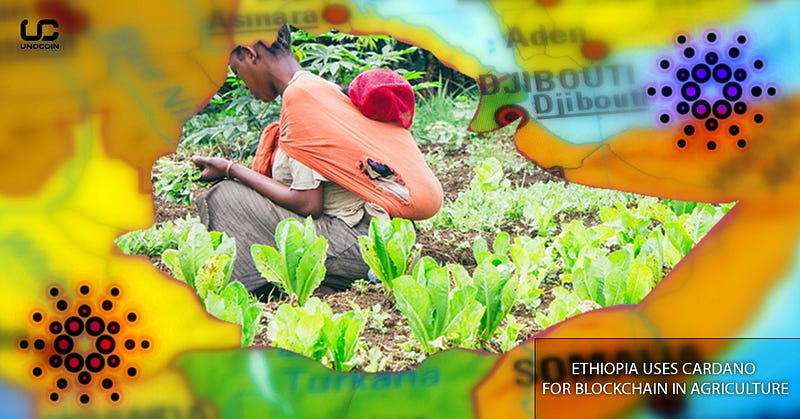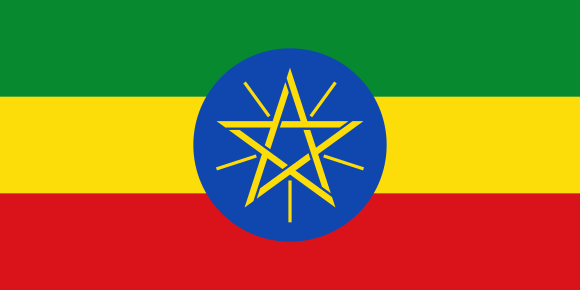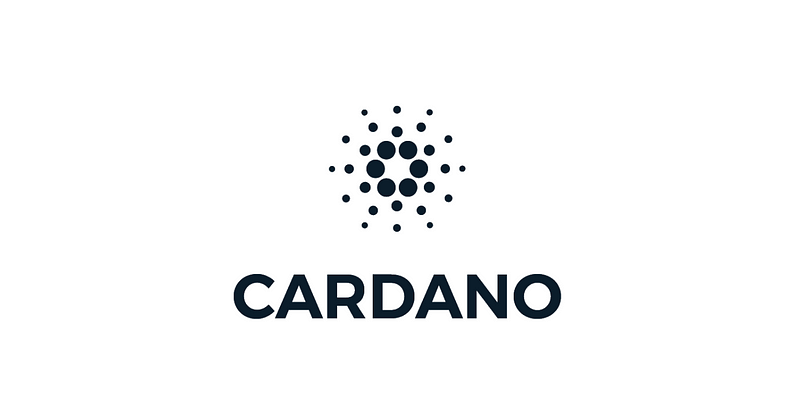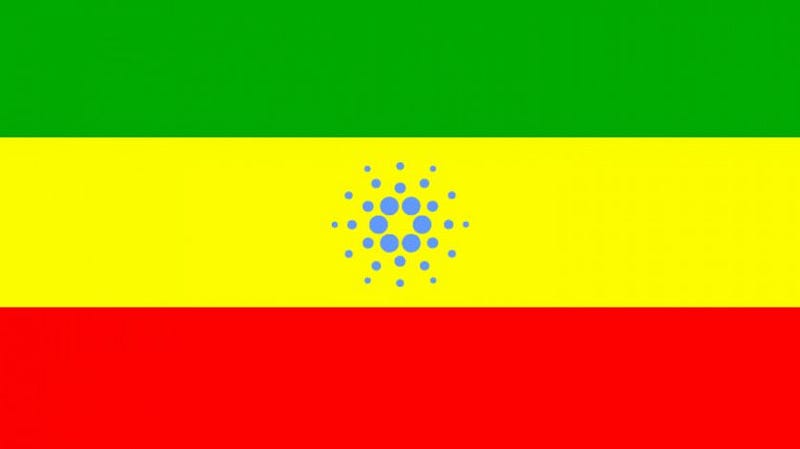
The Federal Democratic Republic of Ethiopia, also known as Ethiopia, is one of the most populated landlocked countries in the world. It also the second most populated country in the African continent, with more than 102 million inhabitants. Ethiopia is also known to hold most of UNESCO world heritage sites in Africa.

Africa is rapidly growing in the blockchain movement, with Ethiopia becoming the most recent African country joining the blockchain hype. The Ministry of Science and Technology, Ethiopia has signed a Memorandum of Understanding (MoU) with Charles Hoskinson, CEO, Cardano — a fledgling cryptoasset startup; with an aim to seek benefits with the help of Cardano’s blockchain technology in the field of domestic agriculture.

Blockchain is a revolutionizing technology that has underpinning cryptoassets, such as, bitcoin and other various assets.
Blockchains can reduce the cost while increasing the efficiency in almost every possible industry which stores records. Digital blockchain property register identifies the any kind of land with the help of the GPS coordinates which then allows the property owner to remain verified and the land can be transferred at a lower cost.
Cardano
Cardano, an IOHK product, is a platform that runs blockchain for type of a cryptoasset called Ada. The only cryptoasset wallet that holds and permits the transfer of Ada to other wallet addresses is called Daedalus. Cardano was established on 29th September 2017, under the bootstrap phase of Byron with an official launch in Japan.
The platform develops its own asset around Recursive InterNetwork Architecture. Cardano is in a run to establish a decentralized blockchain platform which will be supporting the decentralized applications as well as the smart contracts, similar to the Ethereum.

Ethiopia uses Cardano for blockchain in agriculture
The agreement between Ministry of Science and Technology and Charles Hoskinson will also be leveraged to promote the use of blockchain in domestic agriculture. According to John O’Connor, Director of African Operations at IOHK, development of blockchain platform should be completed by the end of 2018.
The agreement between the two entities included a proper training programme for the developers of Ethiopia in order to use blockchain. The training would be free of cost and will hold no obligations. Both parties are planning to establish a blockchain on the basis of academic research, and will also be utilize to increase the amount of effectiveness and build the registries related to the tasks.
Ethiopia’s aim with Cardano is to build a blockchain on the basis of peer-reviewed academic research done by one of the world’s foremost engineers and researchers, and establish it as much more than just land registries. They have opted for it to be written in Haskell, that is a formal programming language which permits mathematical guarantees regarding the correctness of code. The decisions regarding the designs were made as they will give away strong foundations to the applications built on Cardano.
The core goal of Cardano in Ethiopia is the Haskell engineering team. It will turn the research into original lines of code. Ethiopia has also been running on engineering schools in partnership with few universities in Greece and Barbados, which will also take the young graduates to train in Haskell. Towards the end of this course, few of the students will be hired by IOHK at the post of junior software developers, where they will continue learning the same while earning a competitive amount of salary. The training is free for these students and is without any obligations.

This year Cardano is going to deliver its first course in Africa, which will be in Ethiopia and is expecting the first cohort of Ethiopia developers to contribute further to Cardano code by the end of this 2018.
Also Read:
https://blog.unocoin.com/ripple-might-surpass-bitcoin-in-return-8dca9e214369



